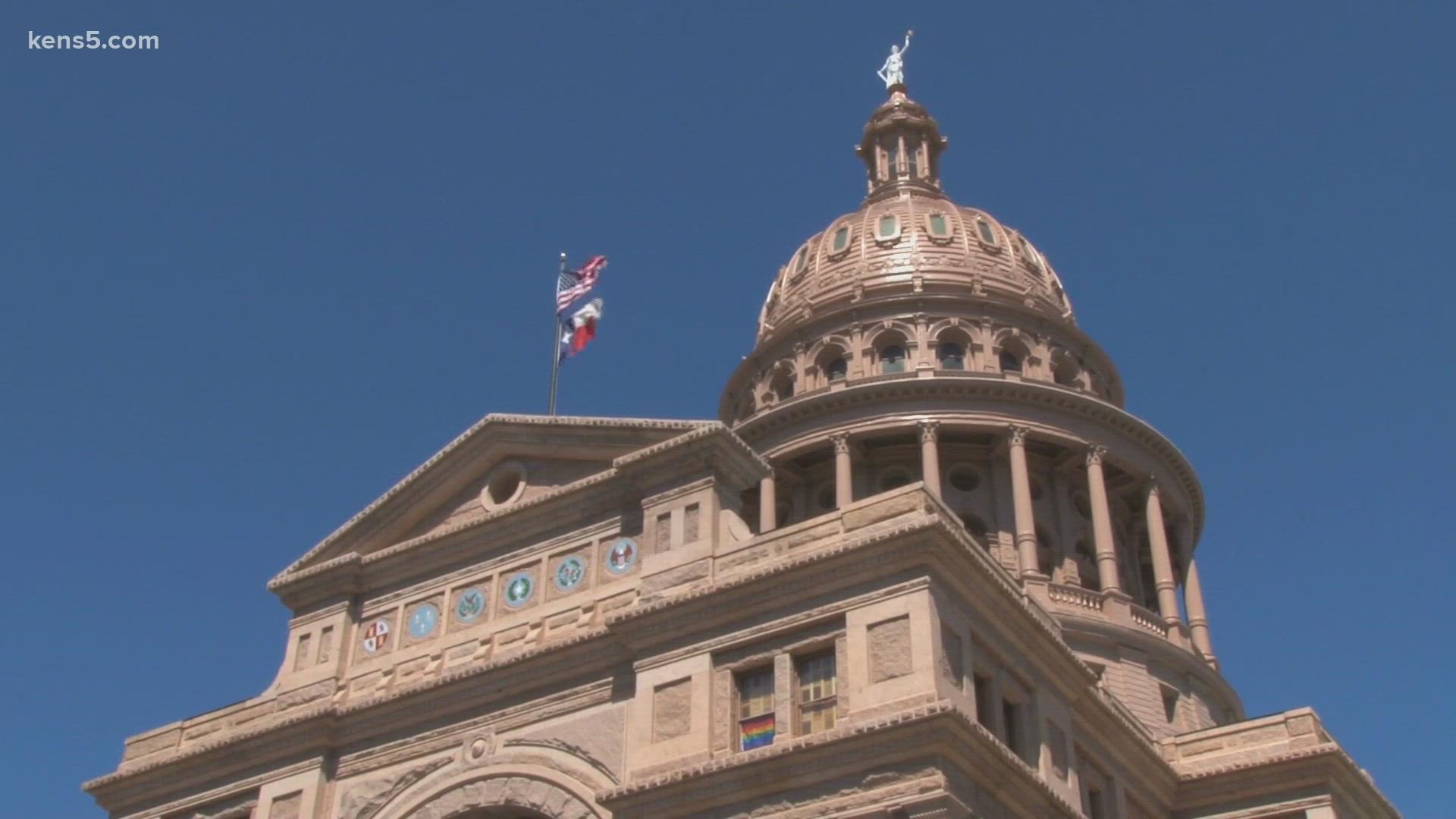SAN ANTONIO — Texas Senate Bill 8, also known as the "Heartbeat Bill," goes into effect next Wednesday. Both anti-abortion and abortion rights advocates have strong opinions about the legislation that prohibits women from terminating their pregnancy as early as six weeks.
The law is a controversial one which many anti-abortion groups see as a stepping stone to the reversal of Roe vs. Wade.
"The legal analysis of abortion is changing and has changed since the decision in Roe v. Wade," said Jonathan Covey, of Texas Values. "There are a lot of state laws banning or regulating abortion that will likely be easier to sustain going forward."
The Heartbeat Bill prohibits abortions in Texas as early as six weeks, which is before some women even know they are pregnant. It does not provide exceptions for rape, incest, abusive relationships and certain medical issues, but does allow for abortions after six weeks for medical emergencies.
Vanessa Martinez, an abortion rights activist, says the decision is one that should be left to women.
"If you believe that it's wrong to have an abortion, don't have one," she said. "I fully support your choice. All I'm asking is that you give everybody else the opportunity to do what they would like to do."
According to the law, any person other than an officer or employee of the state or local government can bring about civil action if they are aware of someone performing or inducing an unlawful abortion, aiding or abetting an abortion, or helping with the costs of an abortion through insurance or otherwise. This law incentivizes private citizens to help enforce the ban, awarding them at minimum $10,000 if their court challenges are successful.
"The Texas Heartbeat Law's strength (is) its legal strength, and its constitutionality lies in the fact that it's entirely enforceable by private citizens," Covey said.
But Martinez, who says she helped a close family member in a domestic violence situation get an abortion in 2013, couldn't imagine being penalized for providing that support.
"When I think of the fact that there are people who need abortions, I think of her and I think of people that I love that need help," she said.
As far as the violation goes, whatever amount is awarded by the court would be payable by the abortion provider or the person assisting the woman getting the abortion.

